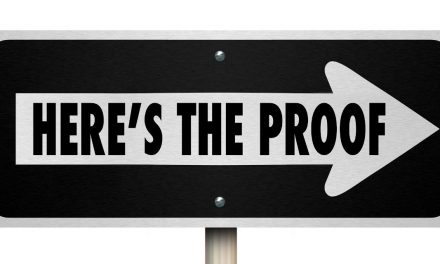I am a sales counselor, sales manager, and owner/operator. When it comes to sales, we are a bit lost.
By Alexandra Fisher, Sherpa Co-Founder
I am a sales counselor, sales manager, and owner/operator. When it comes to sales, we are a bit lost.
We do not quite know how to approach our customers. We are not trained to deal with their resistance, confusion and stress. We make sure we know all about the product and the competition. Occasionally, we are told to use scripts to extract information from them. We try to “close” before we “open” them.
You see, our prospects are already “closed.” They are closed to the idea of moving out of their homes, to a place that most perceive as the place to come to die. People who are not in crisis are not really buying what we are selling. They deeply resist change, struggle with whether to move out of their home, when to do it, and finally if they did so, where to go. In our experience, this life-changing decision is not made based on granite countertops or wonderful activities. Starting from that very first inquiry call, a prospect’s decision to move to your place stems from a basic feeling that “you care about me, you understand who I am.” This requires empathy.
What is Empathy?
Let us not confuse it with sympathy, although I am afraid we often do. Sympathy is feeling“bad” or “sorry” when people are in distress. By contrast, empathy is “the ability to perceive the meanings and feelings of another person, and to validate that feeling by communicating it back to them.” I have come to study many definitions of empathy and pored over the works of Brene Brown, (see Empathy vs. Sympathy), Therese Wiseman and Carl Rogers. Without going too deep into the many aspects of empathy, let’s just say that we need to start training and reinforcing this skill with our sales people.
Why Do We Need Empathy?
Well, we really don’t, if we want things to stay the same, or get worse (see“The Cold Lead”). I’ve had the privilege of being the person on the other side of the phone or the room with countless prospective residents. This is what I believe they would like to say, and I am paraphrasing: “I don’t really want information, (even though that is what I asked for), I want help in resolving my fears and resistance. I want help getting unstuck. I want to be understood. I want someone to acknowledge that what I am doing is difficult. I want guidance and not pushiness. I want to make my own decision. I want to feel that your place can be my home, and I will only feel that if you really show me that you care about ME.”
For that, ladies and gentlemen, we need empathy.
How Do We Teach It?
This is why we built Sherpa, a Senior Housing Forum partner. David Smith taught me a long time ago about the effectiveness of slowing down, building trust and asking about life stories. He taught me, and countless others to take a “tour of the prospect” (their home, their stories), way before we give the prospect a tour of our place. Jayne Sallerson, Sherpa’s COO, former EVP of Emeritus, reminds me about the importance of supporting and scaling these sales behaviors to create a sales culture based on empathy. We built Sherpa as a powerful tool to help us “paint a picture, build a profile of the prospect and their family, and guide them through change.”
Sherpa is an empathy machine.








